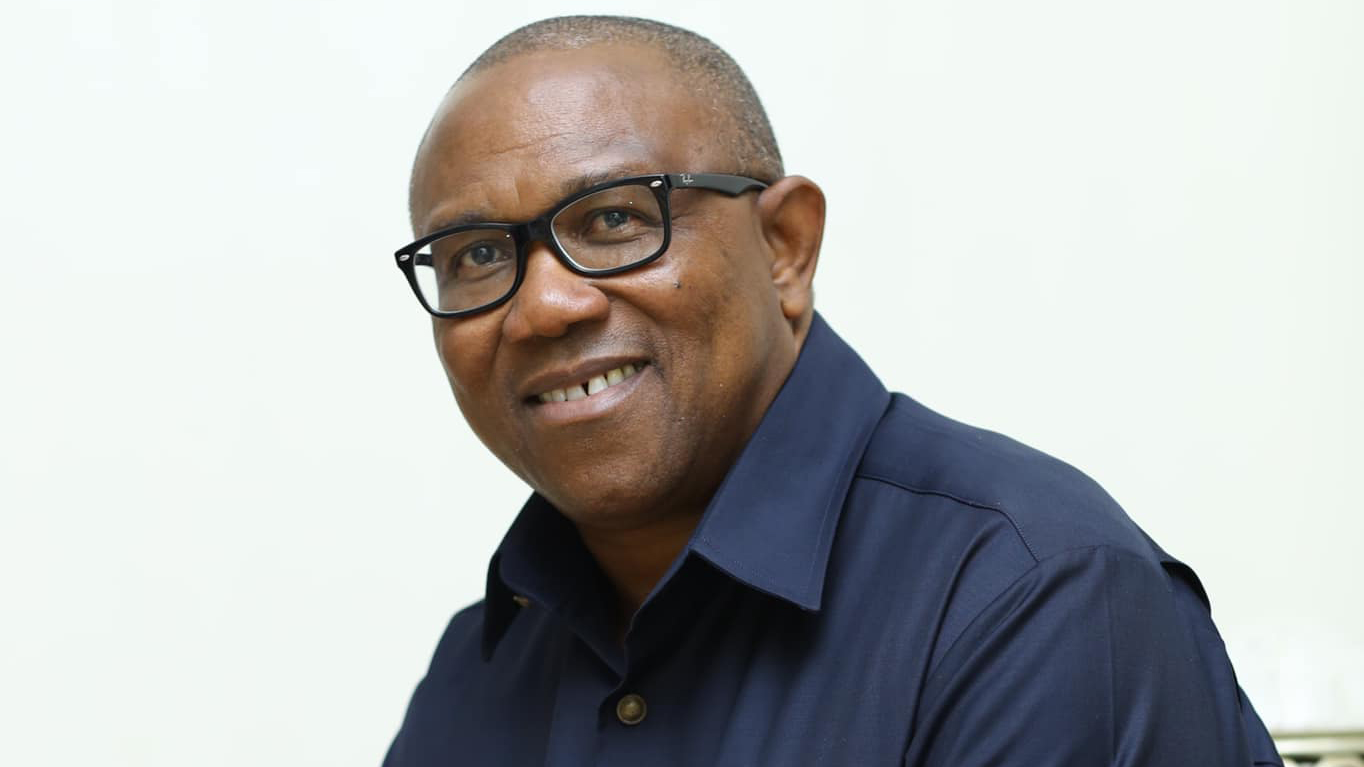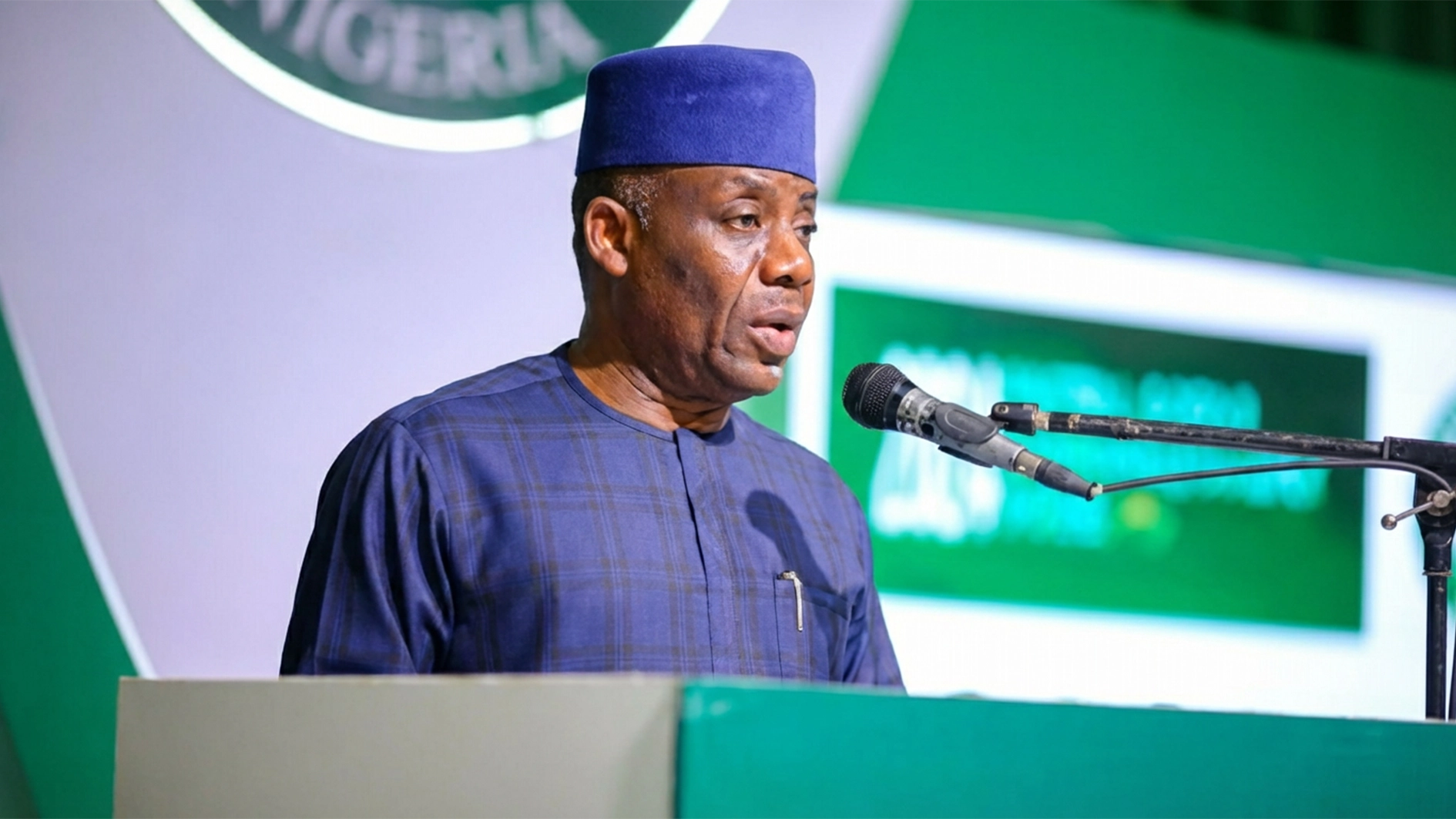 • It’s wasteful, an act of self-enrichment, says Olukoju
• It’s wasteful, an act of self-enrichment, says Olukoju
• Govs should make schools safe and attractive
• States to build more primary, secondary schools
As Nigeria struggles to meet the goal four of the United Nations Sustainable Development Goals (SDGs) and tackle the increasing menace of out-of-school children, some states have continued to expend millions of naira on overseas training for some of their students.
In a report by the United Nations Educational, Scientific and Cultural Organisation (UNESCO), of the country’s 20 million out-of-school children, Bauchi, Kebbi, Katsina, Kano, Jigawa and 10 other states have about 10 million.
Bauchi State leads with 1,239,759; Zamfara 883,952; Kebbi 877,677; Katsina 873,633; Kano 837,479; Jigawa 784,391; Kaduna 652,990; and Gombe 567,852.
Others are Adamawa 489,855; Niger 478,412; Sokoto 462,164; Yobe 405,100; Benue 383,022; Taraba 338,975: and Borno 266,478.
To return these children to school, the Universal Basic Education Commission (UBEC) said the country would require an additional 20,000 schools and 907,769 classrooms.
Despite these challenges, states are spending billions to send their students abroad for studies.
For instance, Kano, between 2013 and 2023, spent N36.5 billion sponsoring about 115,288 students abroad.
The breakdown, according to Muhammad Garba, the Commissioner for Information and Internal Affairs in the immediate past administration of Abdullahi Ganduje, showed that the state sponsored 111, 687 students between 2013 and 2016; 1001 between 2017 and 2022, and 1001 students this year.
According to former Governor Aminu Tambuwal, Sokoto State, between 2016 and 2022, also spent about N14 billion on overseas studies for 4,600 students, including 1,120 studying medicine, engineering and other paramedic courses from universities in India, Sudan, Ukraine and Ghana, while 15 were sent to study engineering courses in China, this year.
Borno State government, between 2020 and 2023, spent N588 million on foreign scholarships and sponsored about 180 students abroad, while Kaduna, according to the immediate past governor Nasir El Rufai, spent N1.5billion in sponsoring 107 overseas for studies, during the same period.
Katsina State, according to the governor, Dikko Radda, spent N625 million on foreign scholarships between 2018 and 2023, while Adamawa State, this year, sponsored 120 students.
Learning has been disrupted, especially in the North for almost 20 years. According to a report by Save the Children group, more than 1,680 schoolchildren have been kidnapped since the 2014 abduction of 276 schoolgirls from Chibok, in Borno State, with fear of attacks stopping some children from ever attending school.
Besides, over 180 schoolchildren were killed, and 90 were injured in 70 attacks between April 2014 and December 2022, with an estimated 60 school staff kidnapped and 14 killed. Twenty-five school buildings were reportedly destroyed during the period.
The majority of these attacks took place in the North-West, followed by North-Central.
These attacks have long-lasting consequences for communities and children’s access to education, as it leads to mass withdrawal from school and closures.
In Katsina State, nearly 100 schools still remain closed due to insecurity, disrupting the learning of over 30,000 children.
In the aftermath of attacks, children and communities are left traumatised, and the majority do not receive psychological support.
A multiple Indicator Cluster Survey carried out by the National Bureau of Statistics (NBS) and published in August 2022, showed that only 26.8 per cent of children between ages seven and 14 in Nigeria could read functionally in any language, while only 25.4 per cent could carry out basic arithmetic.
According to a report by SBM Intelligence, about ₦220 million has been paid as ransoms, while 16 of the victims of these incidents have died.
Giving a breakdown of those who were killed, the report said while nine died in Kaduna, three were killed in Niger, three in Zamfara and one in Kebbi State. A breakdown of the most affected states showed that the North-Western states were mostly affected alongside Niger, a North Central state. Four hundred and forty students were kidnapped in Katsina, 419 in Zamfara, 236 in Niger, 209 in Kaduna and 105 in Kebbi States.
Although most of the states have justified the spending on foreign scholarships, stakeholders described the gesture as wasteful and an act of ‘self enrichment.’
Pro-Chancellor and Chairman of Council, Chrisland University, Ogun State, Prof. Ayodeji Olukoju, said spending so much on foreign education when thousands could not even access basic education, was unacceptable.
Olukoju noted that local institutions would suffer neglect, while other sectors of the economy could be short-changed in terms of budgetary allocation.
The Professor of History advised governors still supporting the practice to suspend fresh dispatches of students abroad, and focus on improving facilities locally.
The former Vice Chancellor said failure of the various state governors to prioritise basic education was responsible for the increasing number of children out of school.
He wondered why those who received formal education up to tertiary level could be so indifferent to the mass illiteracy among children and youths.
“This smirks of insensitivity and lack of vision, for the youths are the future of any society, and an educated citizenry is easier to lead.
As a way out of the problem, Olukoju stressed the need to engage stakeholders, including religious and community based organisations, parents and other opinion moulders.
He said such engagements should come up with short, medium and long-term solutions, such as a mixture of incentives (free education up to secondary school level and free lunch, which would drive school enrolment.
Besides, he said governors could replicate the learning environment in foreign institutions, train teachers and recruit educators in foreign countries to teach online courses.
A Professor of Transport Planning and Policy, Prof. Samuel Odewumi, faulted the attitude of most northern governors to the plight of millions of out-of-school children in their domain, wondering why they have failed to declare a state of emergency in the sector.
“To me, it is unthinkable that most of the northern states that could not fill their vacant slots in the Joint Admissions and Matriculation Board (JAMB) for admission into universities, polytechnics and colleges of education, will fritter away extremely scarce foreign currency to send already privileged few abroad.
“Even the Tertiary Education Trust Fund (TETFUND) is already rethinking wholesale sponsorship of candidates, even at Postgraduate levels, whenever such programmes are available here.
“The governors of the affected states in the north must embark on massive construction of schools, hostels and recruitment of teachers, to accommodate these children,” Odewumi said.
He advised the governors to channel the funds towards the teeming out-of-school children’s education.
Except for sheer wickedness, he said no governor would feign ignorance of the role of education in the development of any individual or nation.
Director, Commonwealth Institute of Advanced and Professional Studies (CIAPS), Prof. Anthony Kila, said governors sponsoring students to study abroad is proof of the fact they don’t trust the Nigerian education system and they don’t believe in collaboration within Nigeria.
“Common sense dictates that a governor that believes he has a good university in his state would sponsor students to such school. Logic tells us that a governor that believes that there are good schools in Nigeria would sponsor students to such schools, even if not in his state.
“With the problem of forex, governors, ministers, parents and all stakeholders need to make education worthwhile in Nigeria. That will require good facilities, good teachers and a safe environment where a course will lead to a predictable future.
“Governors need to make school safe and attractive to students and rewarding to parents. At the moment too many children are not going to school because their parents are too ignorant, or too poor to understand that the children should be in school. The issue of sponsoring students to study abroad will soon be over as the country is broke.”
Kila stressed that states need to deal with the issues. “They should invest such funds into improving education in Nigeria. Strategic thinking will readily reveal that it is cheaper and more rewarding to invest in education in Nigeria than sponsoring students to study abroad.
“State governors and other leaders need to rediscover the importance of education to society, institutions and economy. Education is not just a place that grows individuals, it is a sector that grows and protects the country and institutions. State governors need to realise that in the history of humanity there is no single country that has found prosperity and progress without a thriving education sector,” Kila stated.
On efforts being made locally to curb the menace, the state governors announced plans to establish more primary and secondary schools to be able to enrol the teeming number of children roaming the streets and unable to access basic education.






